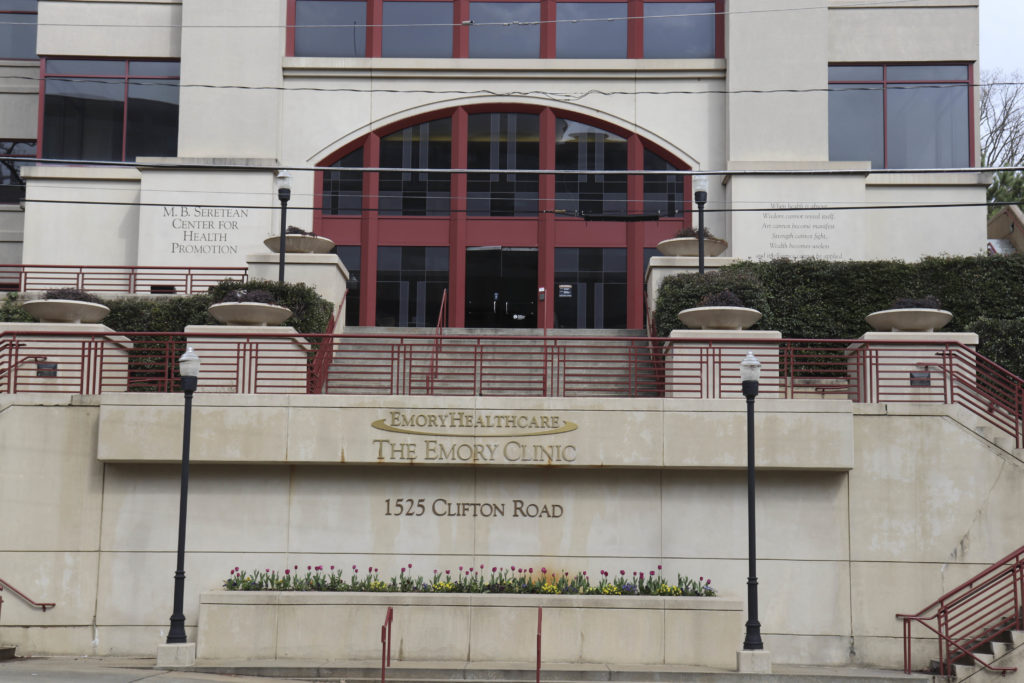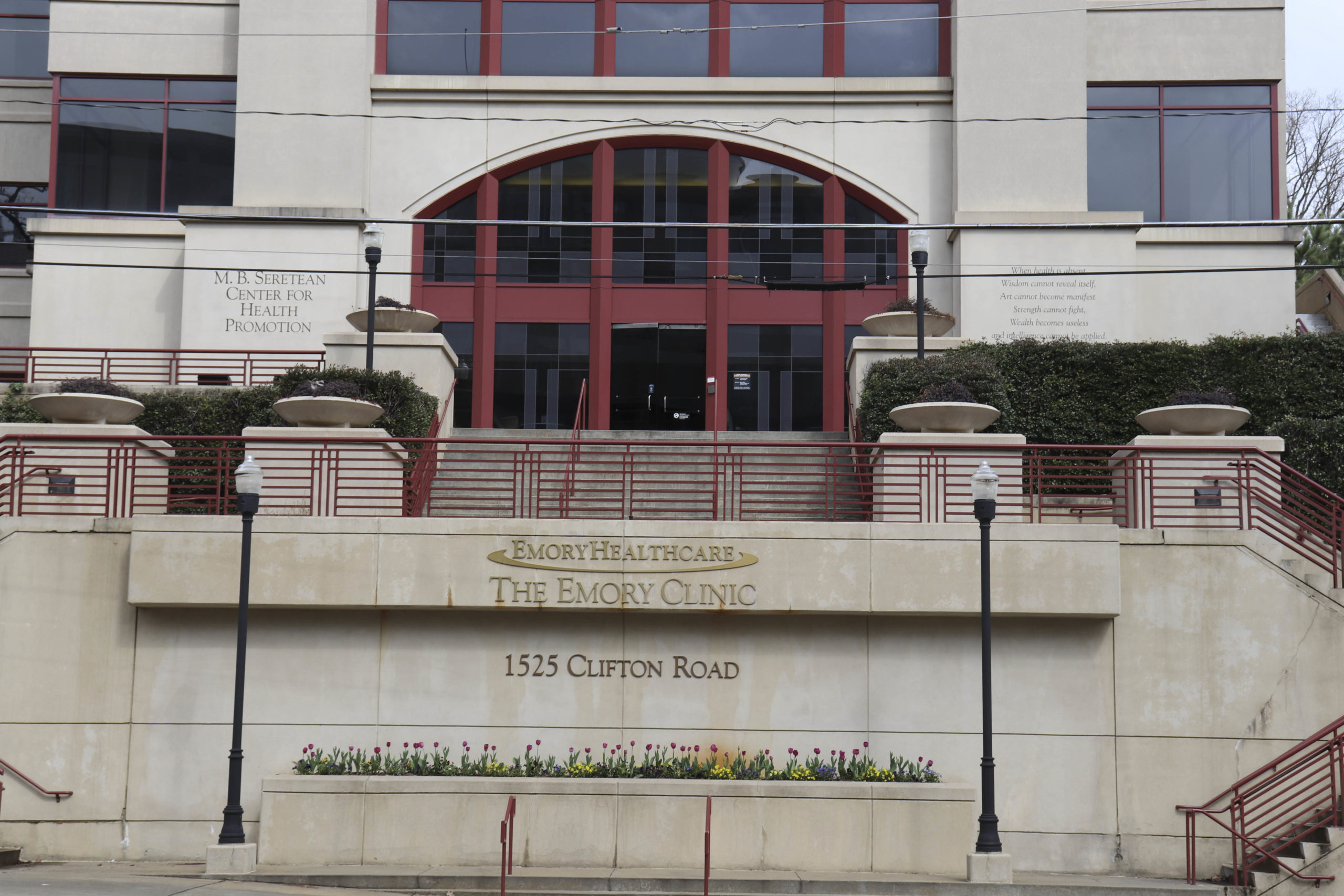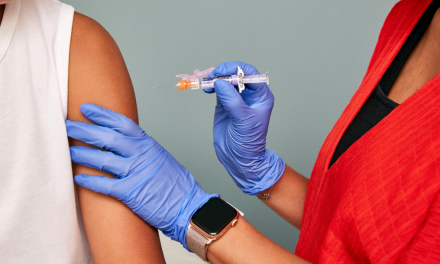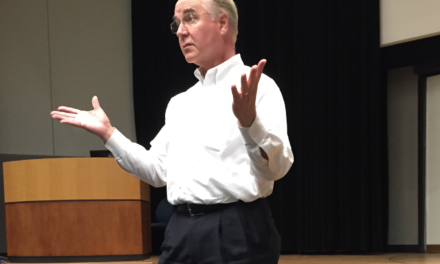
Helen Bradshaw, Contributing
The staff at Emory University Student Health Services (EUSHS) is anticipating a potential swell of novel coronavirus cases and will start telemedicine services as the outbreak intensifies, according to EUSHS Interim Assistant Vice President and Executive Director Sharon Rabinovitz.
Only high-risk patients have been asked to come into the building, Rabinovitz stated, citing the limited number of tests available at EUSHS. Her staff has spoken over the phone with more than 400 people about COVID-19-related symptoms.
“It’s a systemic, national challenge that we don’t have enough [tests],” Rabinovitz explained. “We try to stay away from a lot of people coming in. If they can manage at home, it’s better.”
While the center does have enough tests for those high-risk individuals, ensuring that the center remains well-staffed and safeguarded is one of Rabinovitz’s primary concerns.
“Right now, it’s [about] understanding what a surge will look like, what space we will use, having adequate staffing and protecting staff,” Rabinovitz said. “As a healthcare provider, we’re hitting a critical point, and what we need to do now is imperative to the next month.”
Test processing times at EUSHS have dramatically improved since the start of the outbreak from over a week to one or two days, as it has access to both Emory’s and external laboratories.
In the initial stages of the outbreak, Rabinovitz noted that EUSHS would notify close contacts of those who tested positive for the virus. Now, after the virus has permeated throughout the community, EUSHS has become less concerned with those notifications.
“At the beginning, we were contacting people considered ‘close contacts,’ letting them know to self-monitor and quarantine,” Rabinovitz said. “We still try to continue to do that as much as possible. Now that there is community spread, contact tracing is less important.”
In addition to the questionnaire available to Emory students on their patient portals, EUSHS also guides patients to tools like C19check.com, an online diagnostic tool developed by Vital, Emory’s Office of Critical Event Preparedness and Response, and the Department of Emergency Medicine that allows individuals to self-assess their level of risk.
All clinical staff at the center are considered “essential,” with a majority of operational staff working remotely. Clinical staff wear personal protective equipment at all times when treating patients with respiratory symptoms. Personal protective equipment generally includes an N95 mask, a one-time use gown, a face shield and gloves.
“If we have seen someone and we know they’re coming in for [respiratory symptoms], we wear [personal protective equipment] so [clinical staff] do not need to isolate immediately,” Rabinovitz said. “Students also wear a mask at all times. If a student doesn’t have a mask and the provider does not have [personal protective equipment] on, it’s considered an exposure.”
Ninad Kulkarni (he/him) (22C) is from Hyderabad, India, majoring in economics and mathematics. You can catch him cheering for Bayern Munich and making poor attempts at playing sports.






